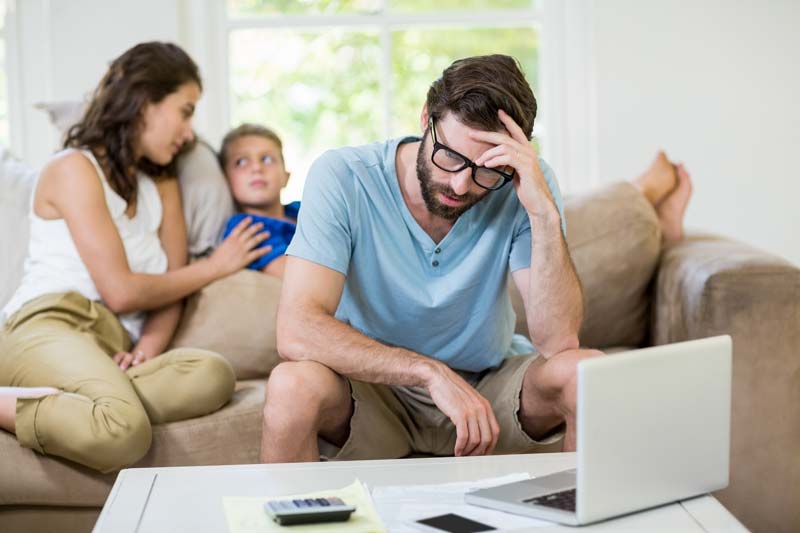Stress is both debilitating and highly contagious, so it makes perfect sense that a generation of stressed-out parents is raising a generation of stressed-out kids. We all have a copycat streak, thanks to social circuitry that makes us yawn and panic when others do. As a social animal, we are built to relate to others, thanks to “mirror neurons” that reflect back the emotions we witness around us. Mirror neurons are the reason that our infants smile back at us when we smile at them, which is a lovely and rewarding example, but these neurons light up in response to all kinds of expressed emotion, not just smiles. For instance, we know that infants can “catch” stress from their parents. In an experiment where researchers deliberately stressed mothers — by having them deliver a speech to a disapproving, critical audience — the stress spread to babies too. Once reunited with their mothers, babies began to mirror their mothers’ distressed heart rhythms. They also became more inhibited around strangers (Waters et al 2014).
For many parents, life can often feel out of balance. There is no question that we are living in one of the most complex and demanding times that society has ever known. The demands on our time as parents, can be exhausting, that when it comes to ourselves, we are often burnt out, sometimes feeling broken, leaving little time or energy to look after ourselves. It can be difficult to stop our stress over-spilling into our children’s lives.
What we really need is to make parents feel better — competent, calm, secure, empowered, supported, and inspired. Despite the parent guilt (we can all suffer from it), we have to start with ourselves. Adopting simple mindfulness rituals to calm the stress response in the brain, increase positive emotions and create relationships with our kids that will buoy them from modern stress. On average, human beings take 20,000 breaths a day. This gives each of us 20,000 chances every day to engage with our breath and stop our stress and anxiety from going viral.
Caring for yourself is different to being selfish, when you take care of your mind and body you are not being selfish, you are helping yourself function happily and successfully in daily life, making it possible for you to be there for others, a bit like on an aeroplane putting your own oxygen mask on first, before you can help others!
10 practical tips to start being more mindful right now
- Take a couple of minutes to notice your breathing. Sense the flow of the breath, the rise and fall of your belly
- Notice what you are doing as you are doing it and tune into your senses. When you are eating, notice the colour, texture and taste of the food.
- When you are walking, tune into how your weight shifts and the sensations in the bottom of your feet. Focus less on where you are headed.
- Don’t feel that you need to fill up all your time with doing. Take some time to simply be.
- When your mind wanders to thinking, gently bring it back to your breath.
Recognize that thoughts are simply thoughts; you don’t need to believe them or react to them. - Practise listening without making judgments.
- Notice where you tend to zone out (e.g., driving, emailing or texting, web surfing, feeding the dog, doing dishes, brushing teeth, etc.).
- Practise bringing more awareness to that activity.
- Spend time in nature.
- Notice how the mind likes to constantly judge. Don’t take it seriously. It’s not who you are.
At Lifeblueprint, we offer a variety of mindfulness and wellbeing courses and workshops, including the Mindfully Happy Parenting Course, where we help parents find the calm in the chaos of parenting. During the course, parents practice specific tools and strategies to promote good mental health and overall well-being for themselves and their children. Approaches to help deal with an emotional storm, manage stress or anxiety, integrating mindfulness with daily activities and nourishing themselves. This approach helps parents respond more creatively; increasing energy and productivity; enhancing their resilience and self-belief and ultimately greater happiness.
“The Mindfully Happy Parenting course came at the right time for me, I was feeling very stressed, shouting at my toddler and feeling disappointed in myself as a crap parent. I have realised that situations are states, and do end and are not traits – i.e. permanent. I am doing my best and he knows that he is loved. Thank you.”
Nicky Robinson Dalton


